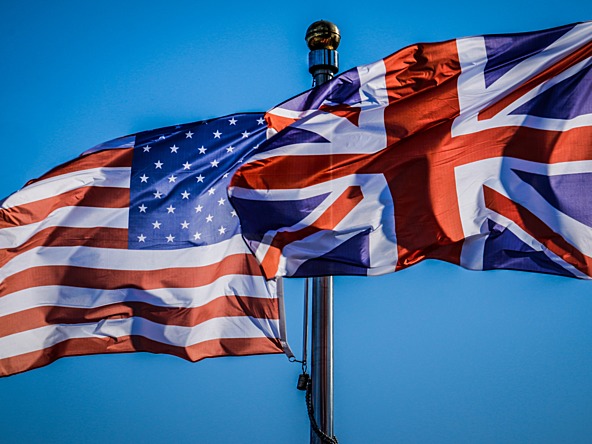FEATURE1 October 2021
Feeling proud: How is patriotism evolving?
x Sponsored content on Research Live and in Impact magazine is editorially independent.
Find out more about advertising and sponsorship.
FEATURE1 October 2021
x Sponsored content on Research Live and in Impact magazine is editorially independent.
Find out more about advertising and sponsorship.
Patriotism can be a divisive subject to navigate, with strong views for and against. Could it be changing into something more positive? Liam Kay reports.

From saluting the flag and respecting your country’s history to cheering for the national football team, there are many facets to traditional views of patriotism. In a world where people increasingly question their country’s past and institutions, however, is patriotism evolving?
Pew Research Center ran its Global Attitudes research in late 2020, looking at how people’s views of their country and citizenship changed between 2016 and 2020. The survey ran from 10 November to 23 December 2020, and surveyed 4,069 adults in France, Germany, the UK and the US, with 26 focus groups also taking place in the US and UK. This was compared with research by Pew from 2016.
“Patriotism is not necessarily seen by everyone to be a good thing,” says Laura Silver, senior researcher at Pew Research Center. “Respecting our soldiers or standing for the flag are clear values for a segment of the US population, but for others the idea that patriotism is actually negative or distorted is prominent.”
However, the research did also show a shift in attitudes to immigration. Among the main findings were that people in all four nations were more likely to believe that immigrants want to adapt to the customs and ways of life in their countries, accounting for 65% of Americans, up from 54% in 2018, and 51% of Germans, compared with 33% in 2018. The research found that only a minority of people thought being born in the country or sharing the same religion as the majority were important criteria for belonging to a country.
“The issue of immigration was less salient in 2020 than it was in 2016,” explains Silver. “At the height of the refugee crisis, what it took to be part of the country was an incredibly fraught question, and spoke to issues of who should be allowed in and what government policy should be around Syrian refugees. In late 2020, that’s not the top issue. While immigration is clearly an important issue for many people, it is less of a friction point in society.”
Germans were the proudest of their country in the research. “Germans are more complimentary about their current policies and their leadership than many other countries,” says Silver. “They tend to be less divided about views of their leadership and trust in government than people in France or the UK.”
Hall & Partners’ recent report The Value Shift highlighted a trend of so-called “patriotic revival”. The study of 2,000 people across the US, UK, Germany, Brazil and China found 66% were proud of their country and where they live, breaking down in each country as: 71% in the US; 70% in the UK; 63% in China; 64% in Germany; and 54% in Brazil.
Branka Orosnjak, Europe managing partner at Hall & Partners, says that patriotism is fast becoming more localised, helped in part by the pandemic. “People are more considerate of where they are and where they live,” she says. “Alongside that, people were agreeing with statements such as ‘I am interested in supporting my local community’.
“Two years ago, we were connected globally – we were travelling and doing business abroad and interacting more at a global level. The past year has caused our global footprint to shrink.”
Orosnjak says that this has changed what patriotism means – it is more focused on the community, whatever people’s definitions of that may be. “Optimism is coming from the ground upwards – it is a different sort of patriotism,” she explains. “It is more about action, no longer words and policies – showing us you are doing something to make the world a better place and to make our country and community better. There is patriotism and national pride, but there is a second tier that is about community, and a sense of local heroes and action.”
This article was first published in the July issue of Impact.
0 Comments